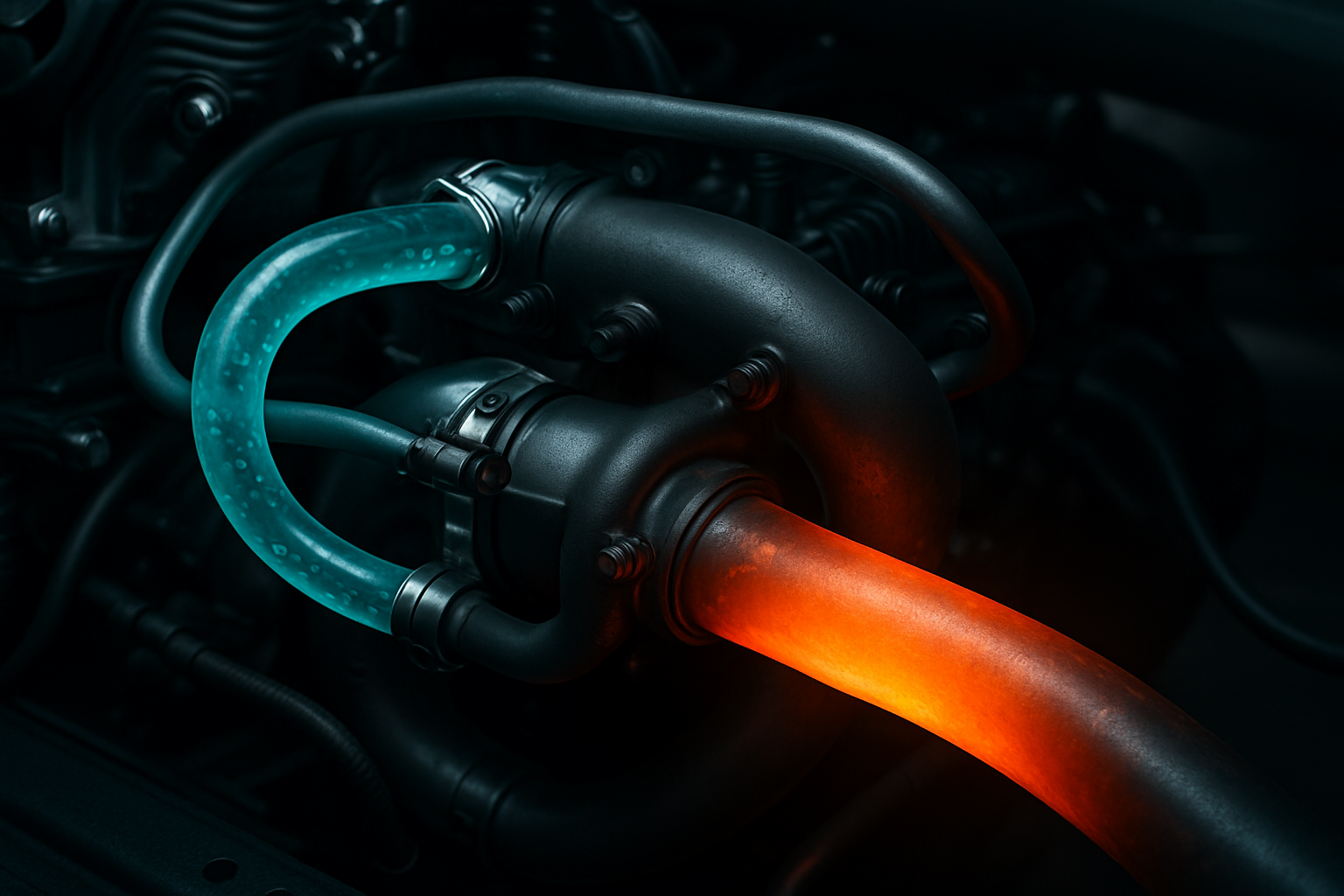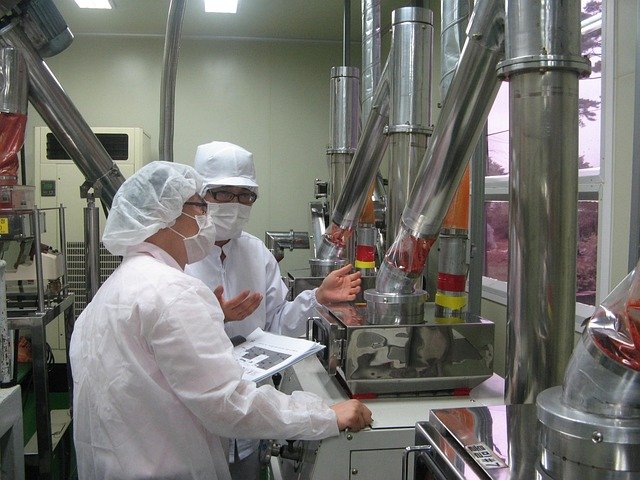Decentralized Autonomous Organizations: Reshaping Corporate Structures
The business world stands on the cusp of a paradigm shift as Decentralized Autonomous Organizations (DAOs) emerge as a revolutionary approach to corporate governance. This novel organizational structure, powered by blockchain technology and smart contracts, presents a radical departure from traditional hierarchical models. By democratizing decision-making processes and fostering unprecedented levels of transparency, DAOs are poised to redefine how businesses operate in the digital age.

Core Principles of DAO Functionality
At the heart of DAOs lies the principle of distributed consensus. Unlike traditional corporations where power is concentrated at the top, DAOs operate on a flat organizational structure. Decisions are made through voting mechanisms, with each member’s influence typically proportional to their stake in the organization. Smart contracts automatically execute these decisions, ensuring transparency and eliminating the need for intermediaries.
Transforming Business Operations
DAOs are revolutionizing various aspects of business operations. In finance, they’re enabling new forms of crowdfunding and investment. Project management is being reimagined through decentralized task allocation and reward systems. Even human resources are evolving, with DAOs facilitating fluid team structures and merit-based compensation models that transcend geographic boundaries.
Legal and Regulatory Challenges
As DAOs gain traction, they face significant legal and regulatory hurdles. The lack of a centralized authority raises questions about liability and accountability. Jurisdictional issues also arise, as DAOs operate globally by nature. Some regions, like Wyoming in the United States, have taken steps to provide legal recognition to DAOs, but a comprehensive regulatory framework remains elusive on a global scale.
The Future of Corporate Governance
DAOs represent more than just a technological innovation; they embody a philosophical shift in how we conceptualize organizations. By aligning incentives between stakeholders and automating governance processes, DAOs have the potential to create more efficient, transparent, and equitable business models. As the technology matures and regulatory frameworks evolve, we may see a gradual integration of DAO principles into traditional corporate structures.
Key Considerations for Implementing DAO Principles
• Assess your organization’s readiness for decentralized decision-making
• Invest in blockchain education for your team
• Start with small-scale pilot projects to test DAO concepts
• Develop clear governance protocols and voting mechanisms
• Consider hybrid models that combine traditional and DAO structures
• Stay informed about evolving regulatory landscapes in different jurisdictions
As we navigate this new frontier of organizational design, DAOs offer a glimpse into a future where businesses are more adaptable, transparent, and aligned with stakeholder interests. While challenges remain, the potential for DAOs to reshape corporate structures and redefine business operations is undeniable. As technology continues to evolve and regulatory frameworks adapt, we may well be witnessing the early stages of a fundamental transformation in how businesses are structured and managed in the 21st century.





